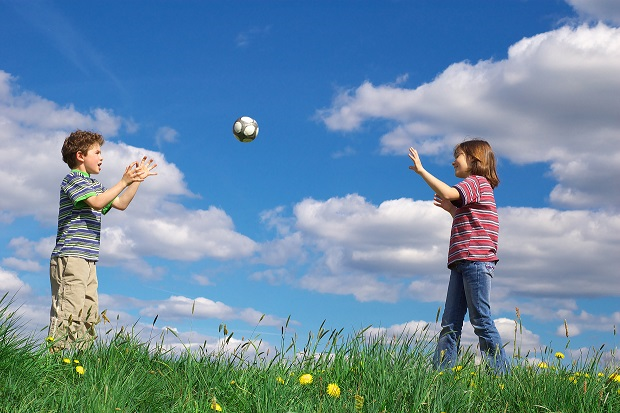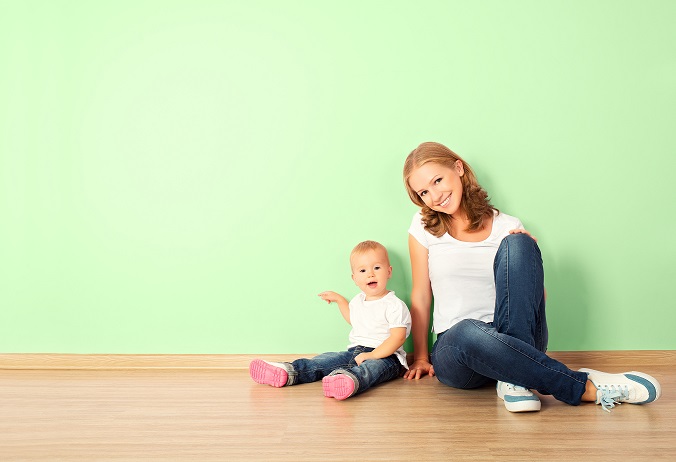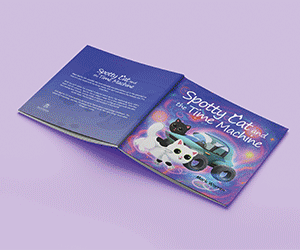Primary Times - the definitive what’s on and where to go family guide of activities and events for children of primary school age. Things to do with your kids during the school holidays including arts and craft activities, music and theatre for children, parties, competitions, days out, and family attractions along with term time drama schools, dance classes, after school clubs and sports activities. Things to do at a place near you!
Green Parenting in Devon

A global agreement on climate change was at the top of the agenda at the United Nations summit in Paris in December 2015. Ambitious plans with limits on emissions and finance for poorer countries were discussed by the representatives from 196 countries.
Yet, reverting to a more environmentally aware future is the responsibility of everyone, so we’ve unearthed some ideas to help families ‘do their bit’ for the environment here…
Remember the 3 R’s? Reduce, Reuse, Recycle…
Reduce
Love Food, Hate Waste
Food waste is a major issue. In the UK, 7 million tonnes of food and drink are thrown away from our homes every year, the majority of which could have been eaten. Collectively this is costing £12.5bn a year and is bad for the environment too.
So, which types of food are wasted the most?
Fruit and Vegetables – 27%
Drinks – 17%
Bakery foodstuffs – 11%
Dairy – 10%
Meat – 7%
For ways to reduce food and drink waste look at www.lovefoodhatewaste.com. Whilst there, discover more about the free app that allows you to easily keep track of food planning, shopping, cooking meals and making the most of leftovers.
Reuse
Upcycling and swishing
Instead of buying the latest hot-off the shelf item for your home look out for shops that restore furniture, and browse the charity shops for clothing items and useful bric-a-brac.
Similarly, discover more about the swishing events in your locality where clothes are exchanged and swapped at www.swishing.co.uk
One Nappy at a Time
Landfill is fast becoming full. In the UK an estimated 3 billion single use nappies are used each year which translates into over 355,000 tonnes of waste. Aside from the environmental advantages, switching from disposable to re-usable nappies could also benefit the bank balance. Re-usable nappies come in a range of patterns, designs, sizes and colours. Seewww.goreal.org.uk
Home Compost
Composting is an inexpensive, natural process that transforms your kitchen and garden waste into a valuable and nutrient rich food for your garden. Find out how to reduce the amount of waste you send to landfill by visiting www.recyclenow.com/reduce/home-composting
Re-use Resources
Scrapstores work on the ethos that what is ‘One man’s junk is another man’s treasure’. At a Scrapstore people can purchase unwanted materials for craft activities. Discover more at www.scrapstoresuk.org. Similarly, there are shops that restore furniture and look out for swishing events in your locality where clothes are exchanged and swapped.
Visit the local library and charity shops
Instead of buying the latest hot-off the shelf novel visit the local library, and browse the charity shops for clothing items and useful bric-a-brac.
Visit the Recycle Zone for more ideas at www.recyclezone.org.uk
Recycle
Carrier Bags: Why there’s a Charge…
In 2014 over 7.6 billion single-use plastic bags were given to customers by major supermarkets in England. That’s something like 140 bags per person! The law now requires large shops in England to charge 5p for all single-use plastic carrier bags. The idea behind this legislation is to reduce the use of single-use plastic carrier bags which take longer than other bags to degrade in the environment and can harm wildlife. The money from the charge does not go to the government. Instead, retailers are expected to donate the proceeds of the scheme to good causes.
The need to reduce and recycle packaging waste
Richard Thompson, Professor of Marine Biology at Plymouth University, has been studying the effects of plastic litter on the marine environment for over 20 years, and his work has informed policies on plastic bag legislation.
He said figures released by supermarket giant Tesco – showing a 78% reduction in plastic bag use – demonstrate a growing realisation that short term use of plastic items can be avoided. He suggested that to help solve the problem of plastic litter in the environment, manufacturers also need to look at the items taken home in our shopping bags and establish a wider range of ways to reduce the accumulation of packaging waste.
Professor Thompson’s research has also shown that in the environment plastic items, including bags, can fragment into millions of tiny particles – which he and colleagues refer to as ‘microplastics’ – which can be ingested by a range of organisms, potentially damaging them.
Say goodbye to plastic bags!
Win a Primary Times jute bag!
Save those 5 pence pieces and go shopping with a tasteful, reusable Primary Times jute bag instead! To get your hands on one of these bags for free, enter our competition now! For a chance to win simply email your name and address to competitions@razzpublications.co.uk with the words “Jute Bag’ in the email subject header by 18 March 2016
Energy saving tips for all the family:
- Reduce your room temperature by 1°C - this could cut your heating bills by 10%.
- Close your curtains at dusk to stop heat escaping through the windows.
- Turn off the lights when you leave a room.
- Don't leave appliances on standby or leave laptops/phones on charge unnecessarily.
- Bleed your radiators once or twice during the winter as it makes them more efficient.
- Going away and worried about your pipes freezing? Leave your heating on very low by turning the thermostat right down, rather than turning everything off.
- Leave the car at home and walk to school instead. Visit www.walktoschool.org.uk
- Pack an environmentally-friendly lunch. One of the largest contributors to school waste comes from packed lunch packaging.
- Do a home energy check. Just answer some simple questions about your home at www.energysavingtrust.org.uk for a free, impartial report telling you how you can save up to £320 a year on your household energy bills.
Know your Labels…
Best Before: Food with a 'best before' date should be safe to eat after the 'best before' date, but they may no longer be at their best.
Use-By: Food can be eaten up to the end of this date but not after even if it looks and smells fine.
Display Until And Sell By: You can ignore these dates as they are for shop staff not for shoppers.
Eco-Friendly Kids
Turning your eco endeavours into a fun activity will be a motivational way to inspire and encourage your children in your efforts to reduce, reuse and recycle. For quick quizzes, printable puzzles and tips on teaching kids about environmental issues seewww.ecofriendlykids.co.uk
Encourage young minds to adopt an environmental awareness
Children can learn about recycling in a fun way with stories, songs, games, quizzes and word searches at http://www.recyclenow.com/recycle/school/primary-school-resources/busta. Similarly, the Wastebuster website - http://www.wastebuster.co.uk/ - offers an exciting cross-curricular environmental education programme that aims to empower children to take their learning out of the classroom and into their home. Explorers, archaeologists, scientists, artists and astronauts of the future will like the National Geographic Kids site - http://ngkids.co.uk/ - which is packed with informative facts, incredible stories and dazzling images.
Earth Hour: 19 March 2016 from 8.30pm to 9.30pm local time
Earth Hour is designed to encourage individuals, communities, households and businesses to turn off their non-essential lights for one hour as a symbol of their commitment to the planet. See:www.earthhour.org/celebrating-earth-hour
Fairtrade Fortnight: 19 February to 13 March 2016
Did you know that about 795 million people are undernourished globally? Sadly, many of the people who grow the food can’t always feed their own families. When people are paid a fairer price, they can have more control over their lives. During Fairtrade Fortnight, families will be encouraged to eat a Fairtrade breakfast in their communities to help show support, raise funds and promote fairer trade. See http://www.fairtrade.org.uk/fortnight






